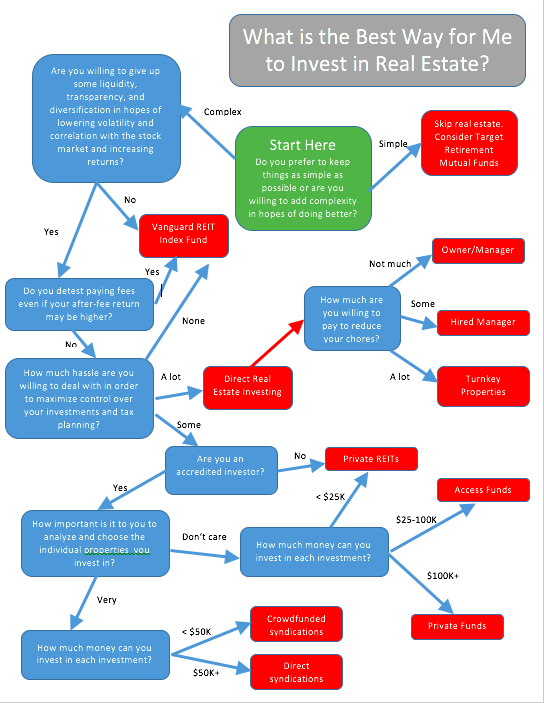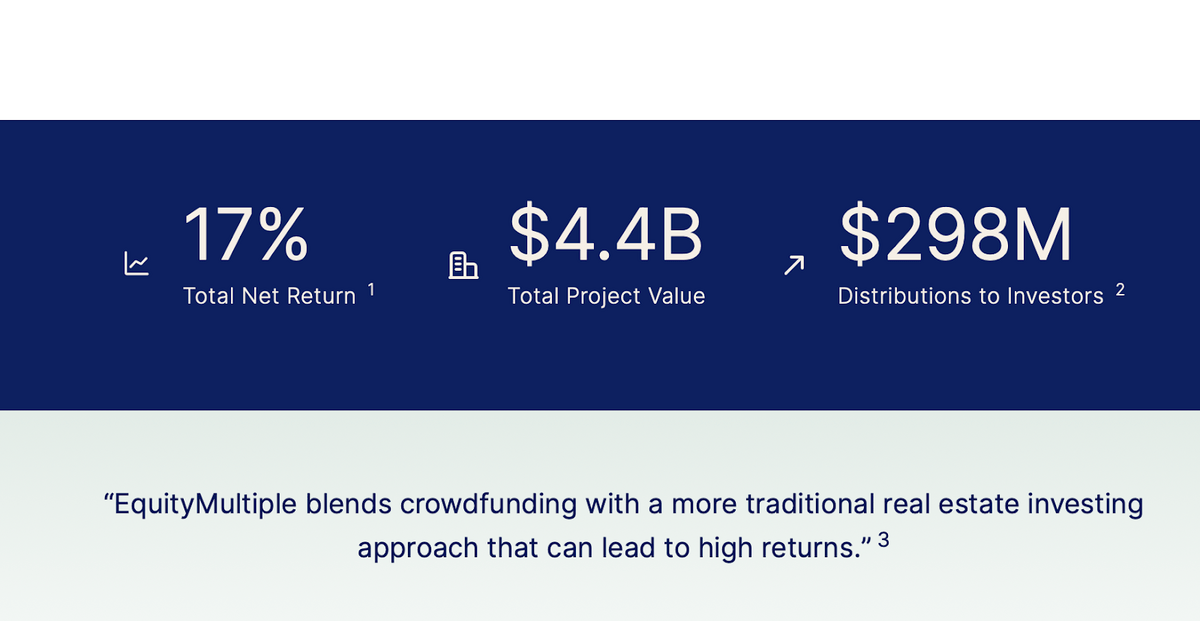All Categories
Featured
Table of Contents

As accredited financiers, individuals or entities might take part in personal financial investments that are not registered with the SEC. These capitalists are presumed to have the economic refinement and experience needed to evaluate and purchase high-risk investment chances unattainable to non-accredited retail financiers. Below are a few to think about. In April 2023, Congressman Mike Flood introduced H.R.
In the meantime, capitalists have to abide by the term's existing definition. Although there is no formal procedure or federal qualification to end up being a certified investor, a person might self-certify as a recognized capitalist under present policies if they gained greater than $200,000 (or $300,000 with a partner) in each of the past 2 years and anticipate the very same for the existing year.
People with an energetic Series 7, 65, or 82 permit are also thought about to be recognized investors. Entities such as firms, partnerships, and counts on can likewise attain accredited capitalist standing if their investments are valued at over $5 million (Private Real Estate Deals for Accredited Investors). As accredited financiers, people or entities may take part in personal investments that are not signed up with the SEC.
Commercial Property Investments For Accredited Investors
Personal Equity (PE) funds have actually revealed remarkable development in current years, apparently undeterred by macroeconomic obstacles. PE companies pool funding from recognized and institutional financiers to obtain controlling interests in mature exclusive companies.
Along with funding, angel investors bring their specialist networks, advice, and experience to the startups they back, with the assumption of endeavor capital-like returns if the organization removes. According to the Center for Venture Research, the average angel financial investment quantity in 2022 was roughly $350,000, with investors receiving a typical equity risk of over 9%.
That claimed, the development of on the internet personal credit report platforms and specific niche enrollers has made the asset course accessible to individual certified capitalists. Today, investors with as little as $500 to spend can make use of asset-based personal credit opportunities, which supply IRRs of up to 12%. In spite of the rise of e-commerce, physical food store still make up over 80% of grocery store sales in the USA, making themand particularly the realty they run out oflucrative investments for accredited financiers.
In comparison, unanchored strip facilities and community centers, the next 2 most greatly negotiated types of property, videotaped $2.6 billion and $1.7 billion in purchases, respectively, over the exact same period. What are grocery store store-anchored? Suv strip malls, electrical outlet shopping malls, and various other retail facilities that include a major grocery shop as the location's main lessee usually drop under this classification, although shopping centers with encased walkways do not.
To a minimal degree, this phenomenon is additionally real in reverse. This distinctly symbiotic connection in between a facility's tenants increases need and keeps rental fees boosted. Accredited financiers can spend in these areas by partnering with genuine estate exclusive equity (REPE) funds. Minimum investments generally begin at $50,000, while total (levered) returns range from 12% to 18%.
How does Accredited Investor Real Estate Income Opportunities work for high-net-worth individuals?
Over the last years, art has earned ordinary yearly returns of 14%, trouncing the S&P 500's 10.15%. The market for art is likewise broadening. In 2022, the global art market grew by 3% to $67.8 billion. By the end of the years, this figure is anticipated to come close to $100 billion.
Capitalists can now own diversified private art funds or acquisition art on a fractional basis. These alternatives come with investment minimums of $10,000 and offer internet annualized returns of over 12%.

If you've seen ads genuine estate financial investments, or any kind of various other type of investing, you may have seen the term "recognized" prior to. Some investment possibilities will only be for "approved" capitalists which are 506(c) offerings. This leads some people to believe that they can not spend in genuine estate when they can (after all, "accredited" seems like something you earn or apply for).
Private Real Estate Deals For Accredited Investors
Perhaps there's a diner down the road that you desire to spend in to obtain a 25% equity stake. That diner can solicit investments from certified investors but not nonaccredited ones.

With that background in mind, as you may envision, when somebody gets financiers in a new house building, they need to typically be approved. Several of them are open to nonaccredited investors.
A nonaccredited genuine estate financial investment possibility is a 506(b) deal called after the area of the statute that licenses it. Syndications under this law can not publicly advertise their safety and securities, so it is required that the sponsors (people putting the syndication together) have a preexisting connection with the capitalists in the offer.
Maybe the most straightforward and instinctive investment chance for a person that doesn't have certification is buying and holding rental building. Usually, property values value, and you can produce a consistent regular monthly income stream! Purchasing and holding rental homes is possibly the most straightforward of all the unaccredited actual estate spending alternatives!
Part of the factor these programs are all over is that flipping does function mostly. You can locate homes cheaply, remodel them, and offer them for a tidy earnings if you recognize where to look. Nevertheless, if you go behind the scenes on these programs, you'll commonly realize that these capitalists do a lot of the work with their own.
The idea behind this strategy is to maintain doing the following action in sequence: Get a single-family home or condo that requires some work. Rehab it to make it both rentable and enhance the home's value. Lease it out. Refinance the residential or commercial property to take out as much of your preliminary capital as possible.
Is Accredited Investor Real Estate Crowdfunding worth it for accredited investors?
What if you don't have that saved up yet but still intend to purchase property? That's where REITs are powerful. Real Estate for Accredited Investors. REITs are firms that concentrate on property and trade on conventional stock exchanges. You can buy them in your 401(k) or via any type of basic broker agent account. These companies typically buy and run malls, shopping centers, apartment or condo buildings, and various other massive property investments.
Latest Posts
Excess Proceeds Texas
2021 Delinquent Tax Auction
Tax Lien Investing California